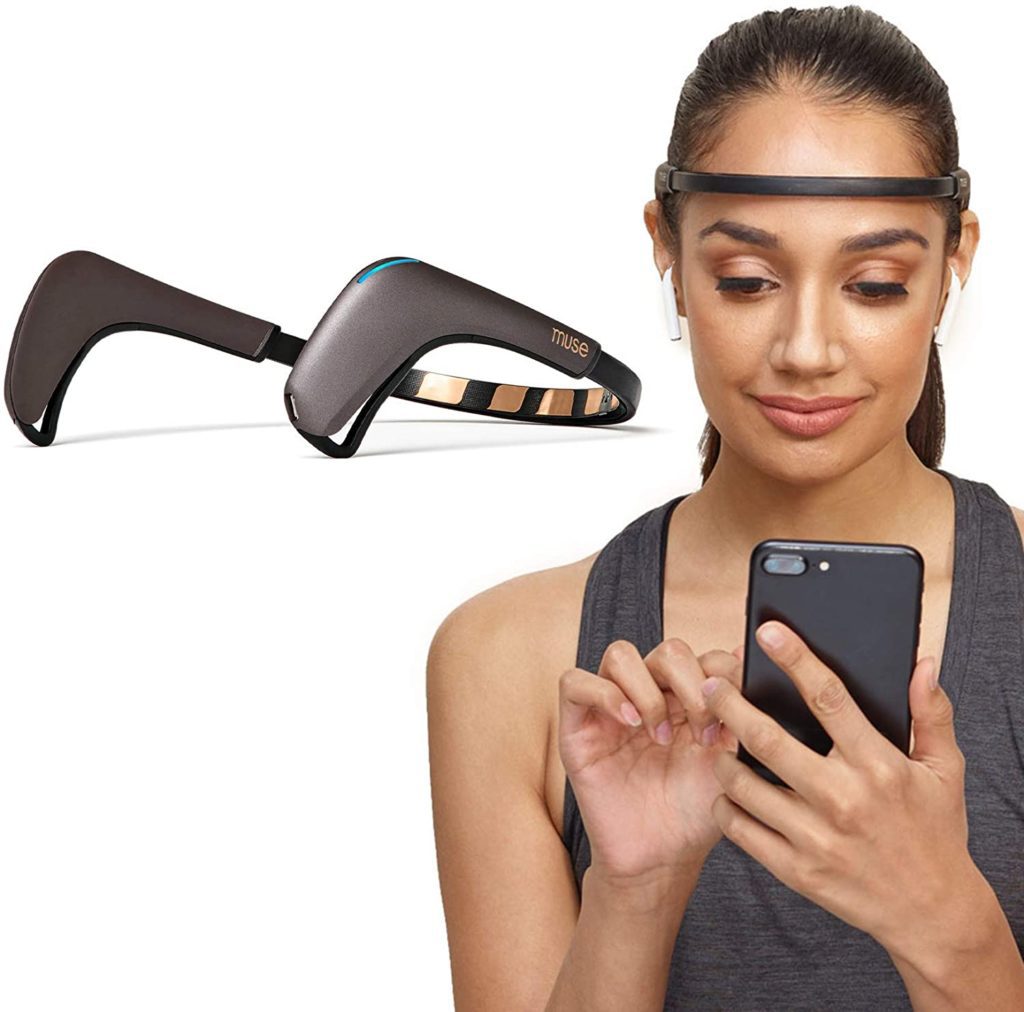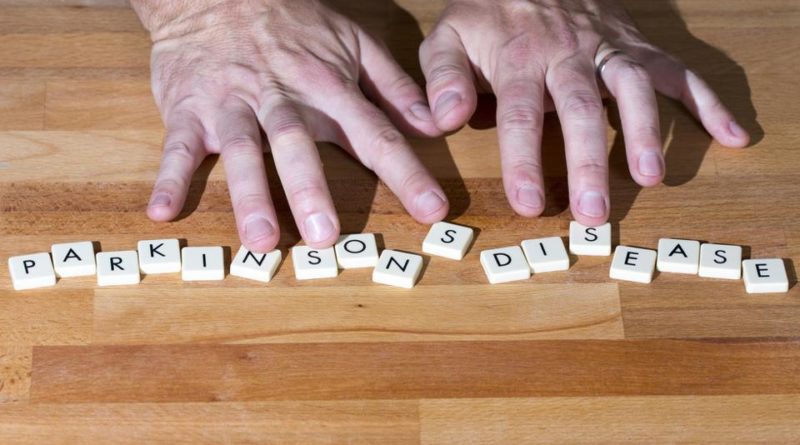DBS Device Treats Parkinson’s Symptoms
[Please note that this page contains affiliate links. If you choose to purchase after clicking a link, I may receive a commission at no extra cost to you.]
A man with Parkinson’s disease has been the first to get a slight deep brain stimulation (DBS) device implanted in half the standard time — a technological advancement that may change the field and unlock a new therapy for those who need it.
Understanding Parkinson’s Disease
When a person has Parkinson’s disease, the dopamine brain cells become damaged or die. It affects movement because of the interruptions the electrical signals in the brain experience.
Consequently, those with Parkinson’s experience involuntary muscle twitches, hand tremors, and other uncontrollable movements. In addition, the symptoms will worsen, making simple tasks like walking extremely difficult.
Parkinson’s Treatments
Currently, there is no cure for Parkinson’s disease, although medications can help ease symptoms in some people. Nevertheless, Parkinson’s pharmaceuticals may cause involuntary movement issues and other adverse side effects.
DBS is a new therapy option; this is where electrodes are implanted in the brain. It delivers pulsations of electricity to fix abnormal brain signals, like how a pacemaker restores an irregular heartbeat.
The majority of DBS devices work by putting a wire from the electrodes underneath the skin of the person’s neck down to a battery implanted in their chest. This involves a multi-stage surgery that takes about 6 hours, the battery inserted under the skin.
Bioinduction Creates the DBS Device
The British biotech corporation Bioinduction recently created the world’s smallest DBS device. They named it the Picostim, and the battery is small enough to be implanted into a patient’s skull, eliminating the need for wires going to their chest.
As the Picostim can be implanted in one stage, the hope was to reduce complexities and surgery time.
This might increase the number of Parkinson’s patients getting a DBS device — despite global governing approval, approximately 7% of people who may benefit from the therapy currently have one.
First Parkinson’s Patient Receives Picostim
Tony Howells, a British man November 2020, became the first Parkinson’s patient to get a Picostim for a study at North Bristol NHS Trust.
The surgery only lasted three hours, and now over a year later, Howells’ Parkinson’s is much improved.
25 People will get a DBS Device
25 patients will receive the DBS device as part of the NHS study, and with Howells’ surgery success, the study leader Alan Whone remains optimistic about the future.


